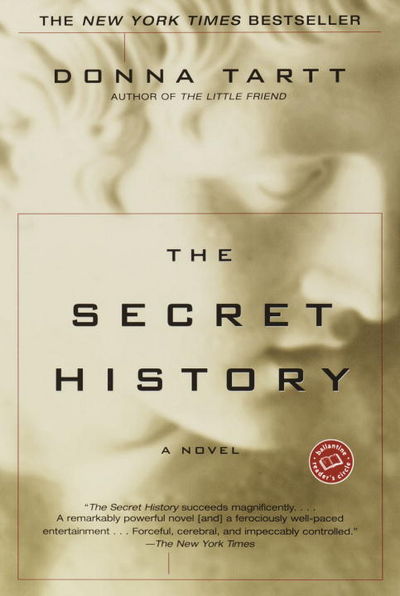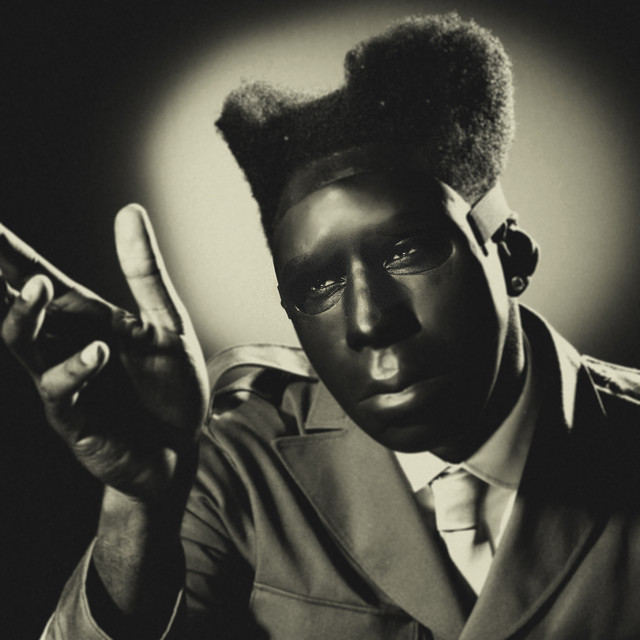
“The Secret History” by Donna Tartt is an exploration of intellectual obsession and moral ambiguity. Taking place at an elite Vermont college, the book inspects social classes and its dynamics, especially in academia. The book is a mystery, made more complex by the cast of morally gray characters and unreliable narration.
A tight-knit group of students study ancient Greek at the New England college. The characters, driven by a sense of intellectual obsession, delve into a world that blurs the lines between academia and personal morality. The group’s immersion in ancient knowledge goes beyond academia; it becomes a way of life. Richard Papen, the protagonist, joins this small group of eccentric students and their offbeat professor, and becomes intertwined into their dark lives. Richard’s desperation to fit in drives not only the plot, but also his descent into the morally ambiguous. Throughout the book, his thoughts become more and more irrational, and readers may even begin to disagree with the protagonist. This makes the mystery all the more interesting, seeing not only the mystery progress, but also the narrator’s perspective being changed, and even manipulated throughout the book.
One of the standout parts of the book is that it begins with announcing who was killed, but yet the slow revelation of the murder keeps the reader interested throughout the novel. The author, rather than relying on a traditional linear narrative, employs a non-linear structure to the book, which builds suspense. The book is also able to navigate between past and present events, which adds another intricate element. Tartt is able to craft an immersive atmosphere with her descriptive writing style. From the picturesque landscapes of the college grounds, to the dusty libraries and candle-lit classrooms, the vivid descriptions transport the reader into the world of the characters. Another great element of the book is that, as the line between right and wrong becomes blurred, it forces readers to come to their own conclusions about the characters morality, making the novel a more compelling and introspective experience.
The story is not only that of murder, but also the mysterious nature of the relationships between the characters. The book creates a narrative that is formed on the complex nature of each character, and the revelation of their strange dynamics throughout the book. Their passion for academia, and specifically classics, is central to the plot. Throughout the book there are many rich discussions on art, literature, and philosophy. This intellectual depth elevates “The Secret History” beyond just a murder mystery, making it a thought-provoking examination of the boundaries between genius and madness.







